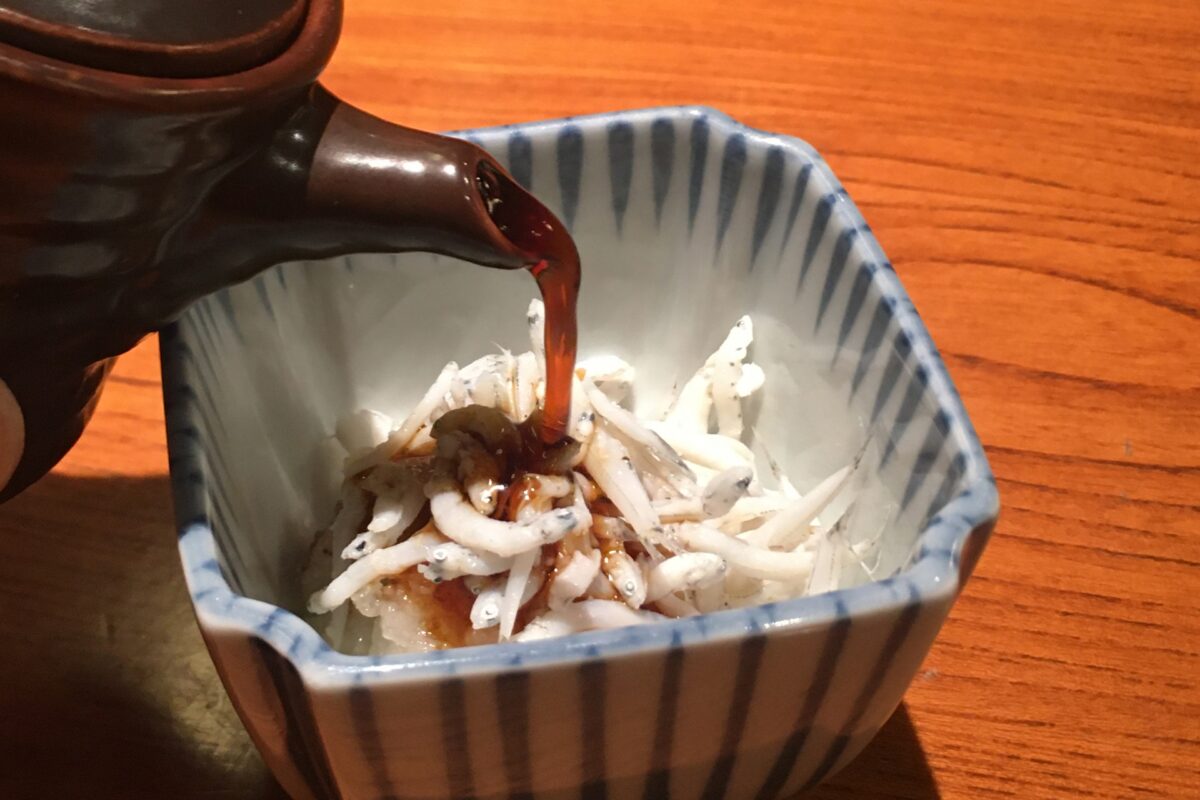The Essence of Japanese Food Culture: Simplicity, Balance, and Tradition
Japanese cuisine reflects centuries of tradition, emphasizing balance, seasonality, and natural flavors. Unlike many Western diets, it prioritizes light ingredients and careful preparation. This approach results in meals that are both delicious and health-conscious.
A Historical Perspective
The foundation of Japanese food culture dates back over a thousand years. Influences from China and Korea introduced rice cultivation, soy-based products, and fermentation techniques. Over time, these elements merged with native practices to create a unique culinary identity. Buddhism, which arrived in Japan in the 6th century, also played a role. It encouraged plant-based eating, shaping Japan’s reliance on tofu, seaweed, and seasonal vegetables.
The Principle of Washoku
Washoku, or traditional Japanese cuisine, became a UNESCO Intangible Cultural Heritage in 2013. It embodies balance in taste, nutrition, and aesthetics. A typical Japanese meal includes rice, soup, pickled vegetables, and a main dish featuring fish or plant-based protein. This structure promotes variety and moderation.
The Role of Dashi: The Heart of Japanese Umami Flavor
Dashi, a fundamental broth in Japanese cuisine, enhances umami—the fifth taste. It serves as the base for miso soup, simmered dishes, and sauces, offering depth of flavor without excessive salt or fat.
The Ingredients of Dashi
Traditional dashi uses kombu (kelp), katsuobushi (bonito flakes), or shiitake mushrooms. Kombu provides a natural source of glutamates, which enhance savory depth. Bonito flakes add a smoky richness, while dried shiitake mushrooms contribute earthiness. These ingredients create a flavorful foundation without relying on heavy oils or artificial seasonings.
The Health Benefits of Dashi
Dashi-based cooking reduces the need for excess salt and fat, making Japanese cuisine naturally low in calories. Additionally, kombu is rich in iodine, supporting thyroid health, while bonito flakes provide essential amino acids. Studies highlight the benefits of umami-rich foods in reducing overall sodium intake. Read more about umami’s health benefits here.
Low-Oil Cooking: How Tradition Shapes Healthier Eating Habits
Japanese cuisine relies on steaming, simmering, and grilling instead of deep-frying. These methods preserve nutrients and reduce unnecessary fat.
Traditional Cooking Methods
- Steaming: Used for fish, vegetables, and rice, steaming maintains flavor and nutritional value.
- Simmering: Dishes like nimono (braised vegetables) absorb umami from dashi without needing excessive oil.
- Grilling: Yakimono (grilled dishes) enhance natural flavors while keeping meals light.
Minimal Use of Oil
Unlike Western cuisine, which often uses butter and cream, Japanese cooking primarily incorporates heart-healthy oils like sesame oil in small amounts. Tempura is one of the few fried dishes, but even it uses a light batter and quick frying to minimize oil absorption.
Plant-Based Proteins in Japanese Cuisine: From Tofu to Natto
Japan has a long history of consuming plant-based proteins. These ingredients provide essential nutrients while maintaining the cuisine’s light nature.
Tofu: A Staple of Japanese Diet
Tofu originated in China but became a key part of Japanese cuisine over 1,000 years ago. It is high in protein, low in calories, and versatile. Soft tofu is used in soups and desserts, while firm tofu is grilled or simmered in savory sauces.
Natto: A Nutrient Powerhouse
Natto, made from fermented soybeans, is packed with probiotics, vitamin K2, and protein. It supports gut health and bone density. Though its strong smell and sticky texture can be challenging for newcomers, it remains a staple of traditional breakfasts.
Other Plant-Based Proteins
Miso, edamame, and okara (soy pulp) are also vital sources of plant protein. These ingredients align with Japan’s history of Buddhist vegetarian cooking, making them key to a balanced diet.
A Low-Calorie Diet Rooted in History: How Japanese Food Promotes Longevity
Japan boasts one of the highest life expectancies in the world. Diet plays a significant role in this longevity, with low-calorie meals contributing to overall health.
The Okinawan Diet
Okinawa, known for its large population of centenarians, follows a diet rich in sweet potatoes, tofu, and seaweed. This plant-based approach, low in calories and high in nutrients, has been linked to longevity. Researchers suggest that caloric restriction combined with nutrient-dense foods promotes a longer life. Learn more about the Okinawan diet’s impact on longevity.
Smaller Portions and Variety
Japanese meals prioritize smaller portions and a variety of side dishes. This approach prevents overeating while ensuring balanced nutrition. The practice of “hara hachi bu,” or eating until 80% full, is a cultural habit that supports weight management.
Green Tea and Fermented Foods
Green tea, commonly consumed in Japan, contains antioxidants that support heart health. Fermented foods like miso, pickles, and natto provide probiotics, improving digestion and immunity. These elements contribute to the overall health benefits of a traditional Japanese diet.
Conclusion
Japanese food culture is deeply rooted in history, tradition, and health consciousness. From dashi’s umami richness to low-oil cooking and plant-based proteins, each element plays a role in maintaining a balanced, nutritious diet. The historical emphasis on simplicity, portion control, and nutrient-rich ingredients has helped shape one of the world’s healthiest cuisines. By embracing these traditions, anyone can enjoy flavorful meals that promote longevity and well-being.
A Natural Supplement made of Health Essence of Miso
Miso Soup, a fermented soy paste soup, is a staple of Japanese breakfast. Recent studies have found various secrets of Miso that make Japanese people among the healthiest in the world.
However, it is not easy to incorporate food from a different dietary culture into your daily diet. Then, a supplement may be the solution.
Juveriente®’s Effisoy, launched in 2016, based on fermented soy bean germ extract has been loved as a natural menopause relief and anti-aging since its launching in 2016.
Its primary function is to boost the weakened synthesis of a hormone precursor, DHEA. It’s safe as it only heals the natural synthesis function. The hormone boost doesn’t provide the only relief from menopausal symptoms. But, it also supports various aging and hormonal imbalance issues and including insomnia.
Here are some of the real product reviews in our Amazon shop.
“Restful sleep finally!!”, “I Am Now Free of Hot Flashes!!”, “Lifesaver”















































